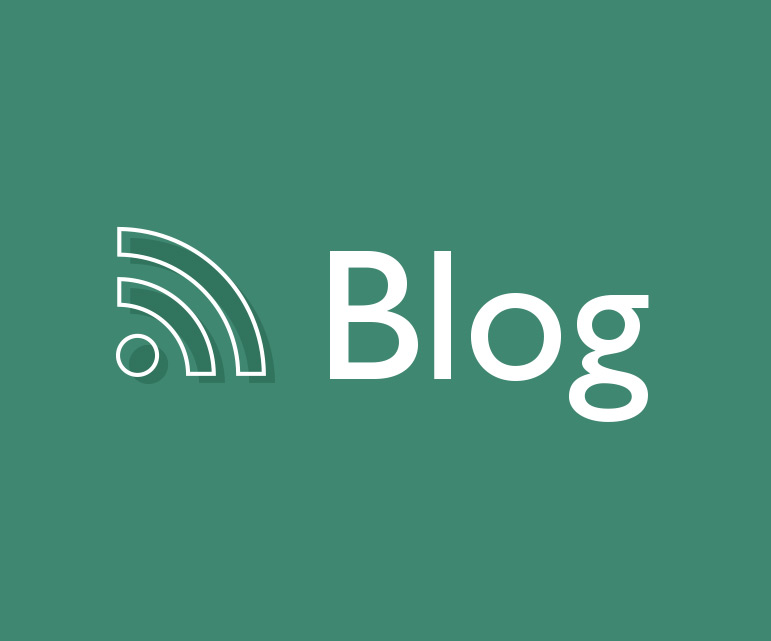Oral History and Vulnerablity
by Cliff Mayotte
from: https://voiceofwitness.tumblr.com/post/115399857637/oral-history-and-vulnerability
Renowned oral historian Alessandro Portelli refers to the optimal interview experience as a “mutual sighting” between interviewer and narrator. Sounds great, doesn’t it? I’d like to have a mutual sighting! Who wouldn’t? As an educator, I especially appreciate this as a necessary (and often challenging) goal between student and teacher. But with most worthwhile endeavors, these mutual sightings come with a certain level of risk. In order to see or be seen, one must be willing to be vulnerable, both as a narrator and interviewer. For many of us, and especially for someone like me who uses storytelling as a key element in education, it’s an example of teaching others what I most need to learn myself.
Throughout childhood, adolescence, and adulthood, I have been socially conditioned to believe that vulnerability is a form of weakness. The message I received was that being vulnerable was way too risky and something I’d probably be sorry for later. As someone who often expresses himself in public (how ironic), I have often thought about the origins of this myth and who stands to gain by its perpetuation. I have a fair number of theories about this, but that’s a topic for another blog post. And yet the fact remains that the work I do as an oral historian (and human being) counts on my willingness to enter a space in which I need to embody presence, openness, and vulnerability.
All of us want our stories to be listened to and appreciated, and have our experiences validated. A great number of us are also terrified at the prospect of this happening, or at the very least, extremely nervous about getting what we claim we want. Familiar responses include: What makes me so unique? Why would anyone want to talk to me? I’m probably not worth being listened to, anyway, and I’m going to do it wrong and make the interviewer unhappy. What’s worse, my anxiety about being interviewed sounds trivial and privileged compared with the many stories I encounter during a typical day at the office.
At Voice of Witness, we strive to share stories that might not otherwise be heard, and an individual’s desire to share their story can be tempered by justified instincts of self-preservation, such as “Why should I share my story with you? What are you going to do with it, and how will it help me?” We grapple with issues of agency and representation on a daily basis, which again, requires vulnerability, and humility. Being in the presence of such courage is eye opening, to say the least. In this regard, I’m confronted by yet another steep, personal learning curve.
A similar, mutual reality exists for the interviewer. It’s challenging to be an audience for someone else’s story—staying open, desirous of learning, actively listening, and suspending judgment regardless of the story’s content. Hearing about other people’s lives is complicated, and for many professionals like social workers, teachers, counselors, and oral historians, it brings up such questions as, Can you experience too much empathy? and What are we gaining from my perceived neutrality? Knowing this discomfort is a distinct possibility during the interview process, why would anyone want to participate in it? What are the benefits to this kind of vulnerability?
Well, in spite of the fears and anxieties I’ve grappled with as a narrator, interviewer, and teacher, I can say that the benefits of experiencing what I can only describe as “human moments” are pretty extraordinary. I’m recalling a time during an oral history workshop when I was interviewed by a group of undergraduate history students and I shared with them that I felt like a horrible imposter and was very uncomfortable being on their campus. Their school was such an impressive institution; I could not possibly belong in such a place. It was incredibly liberating, especially when many of the students said they felt the same way! The rest of our workshop took on a giddy tone of solidarity.
I’m also remembering a follow up interview for one of the books in the Voice of Witness series. This particular narrator had shared aspects of his story on numerous occasions and was probably thinking, “Why am I telling this story again?” As the interview progressed, and our connection increased, it became clear that our mutual willingness to be vulnerable created an opening for new details and feelings about his experience to emerge. Our interview concluded with hugs, gratitude, and sharing a meal.
While I continue to navigate my own vulnerability, and the ambiguities of seeing and being seen, I can say without hesitation that these risks and uncertain outcomes are well worth the possibilities for experiencing connection, astonishment, and joy. These are the opportunities I’ve been frightened of and have been yearning for in my life and work. Teaching what I most need to learn, indeed. Whether I was conscious of it or not, this ongoing dance with vulnerability has led me to the unpredictable and exhilarating form we call oral history.

